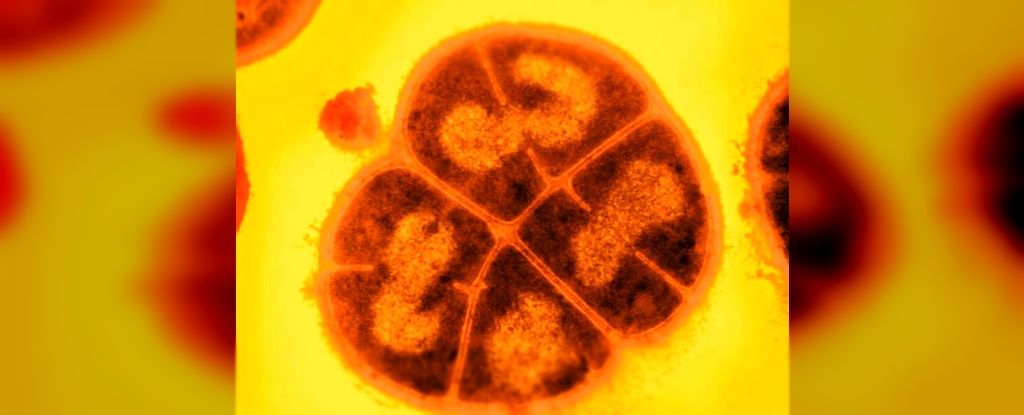
Capable of handling extreme cold, acid, and dehydration, the microbe Deinococcus radiodurans handles doses of radiation that would kill a human tens of thousands of times over.
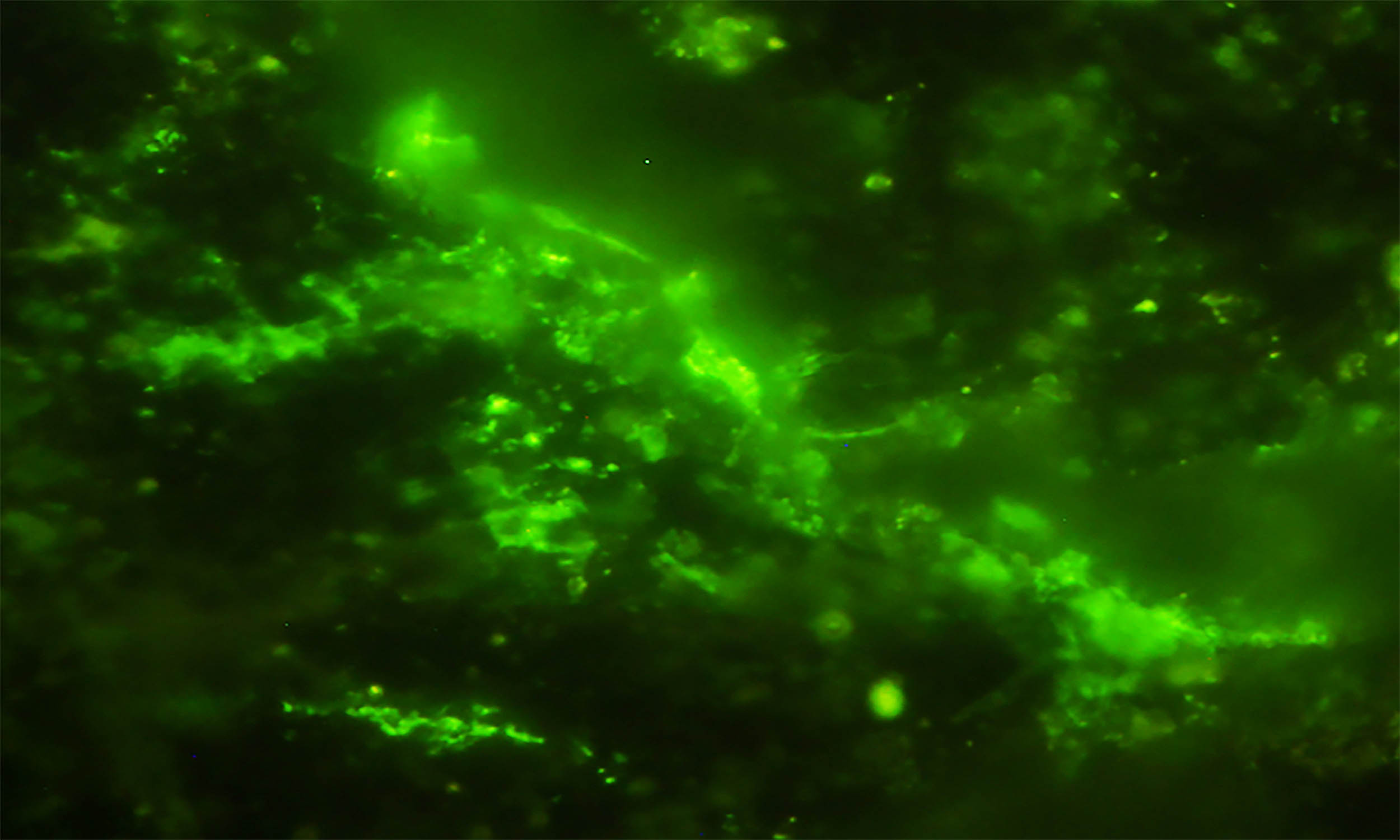
Deep beneath the Earth’s surface, an extraordinary discovery has been made. Microbes — alive and thriving — have been found sealed within a fracture of 2-billion-year-old rock.
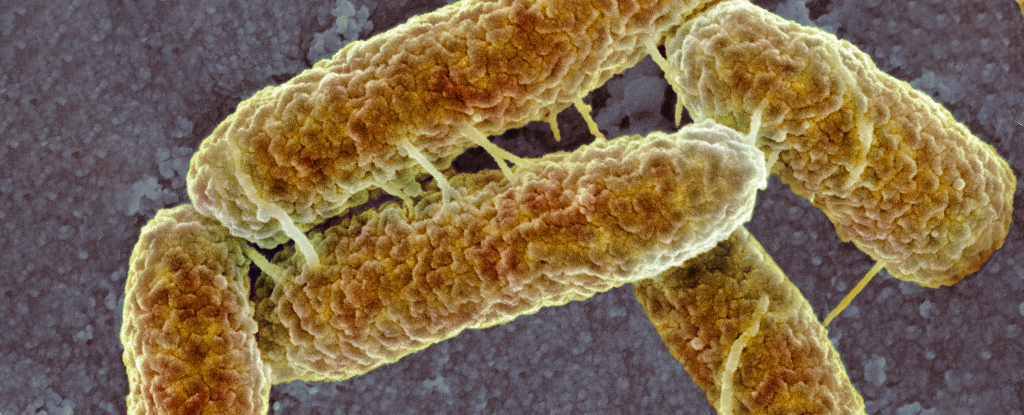
Bacteria can develop a heightened new sensitivity to acid levels when exposed to different environmental extremes in the laboratory, a new study shows.
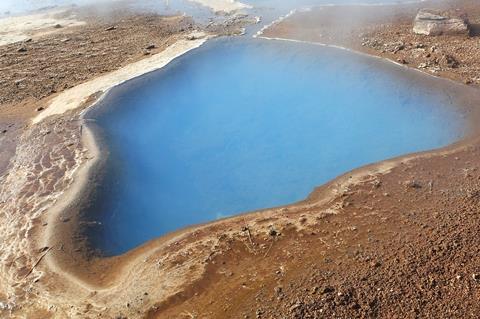
An international scientific team has redefined our understanding of archaea, a microbial ancestor to humans from two billion years ago, by showing how they use hydrogen gas.
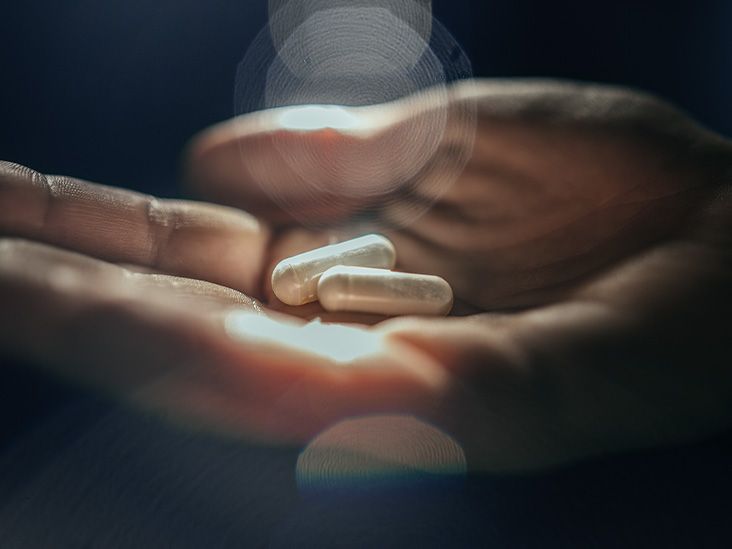
A recent study shows promise for a new antibiotic that effectively fights several bacteria while sparing the helpful bacteria that occur naturally in the gut.

In 'extreme environmental conditions' scientists have discovered 968 species featuring a hugely diverse range of microbes. Excitingly, 82 % of the genomes were novel species.